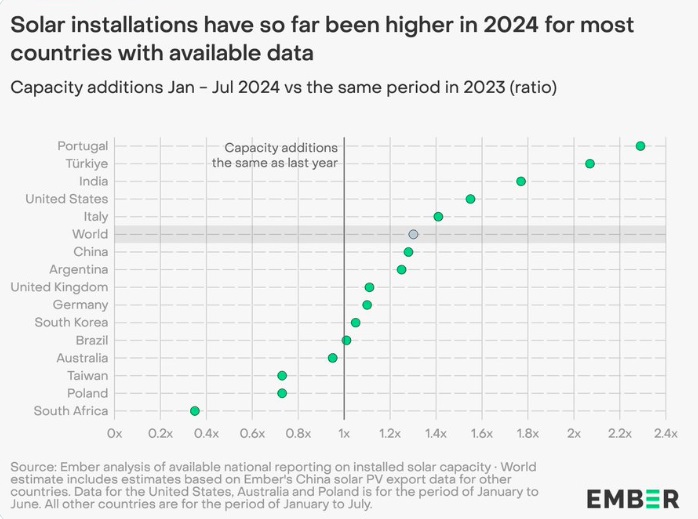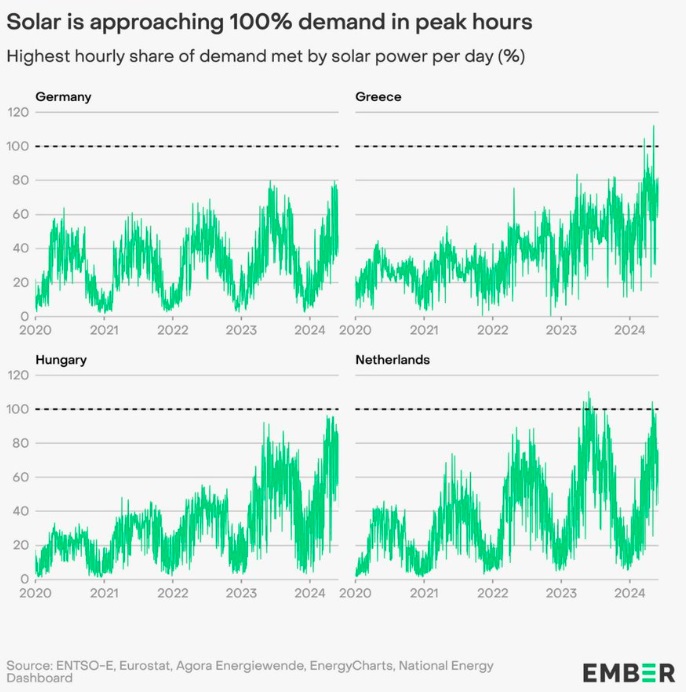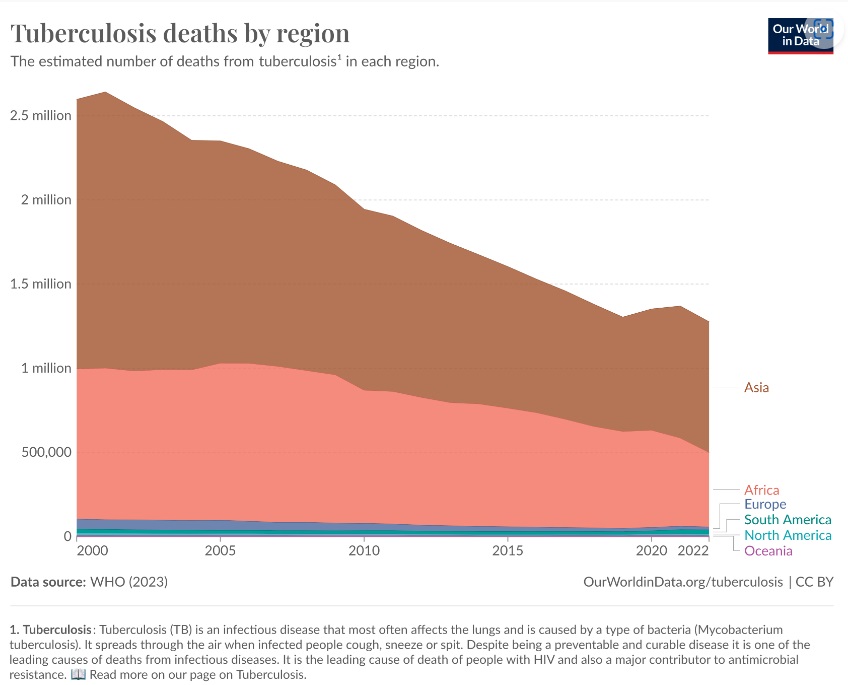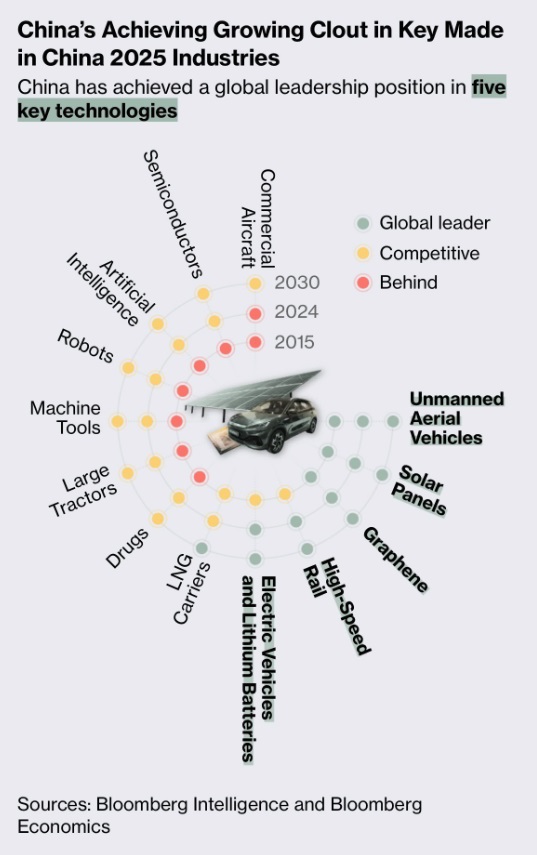Most of us have confidence in one way or another that is unwarranted. Decades ago in college we played intramural flag football. We considered ourselves fast and quick, a pretty good athlete. One game, however, we played the law school team. One aspiring lawyer had been a wide receiver for an NCAA football team. The law school team’s quarterback would throw the ball up in the air—it didn’t particularly matter where—and this former big-time college football player would catch it, no matter what we or any of our teammates did to try to prevent it. We were humbled. And we feel many of us should be humbled by the American election two days ago.
We read many instant reactions that night and the next day assessing why Trump won, what was wrong with the Democrats’ strategy, what this says about Americans and all sorts of other analysis. We, of course, have our own ideas. But, undoubtedly, like those shared so quickly and with such confidence by others, our ideas, assessments and assumptions are full of flaws. We were not surprised Trump won. The data, polls and otherwise, indicated it was likely. But why he won, what it says about Americans, we have decided we are unsure. This does not mean we are not aghast that someone so unfit for office, who so damaged the very fabric of democracy by denying he lost the previous election and actively tried to overthrow the will of the people in that election, who has throughout his long career exhibited damaging prejudices, will now again be president.
We are indeed aghast. And it does not mean we are not deeply worried about the future, not just here in America but for the world. Ukrainians are in trouble. Taiwanese perhaps too (we wrote recently about a new Trump administration China policy). There will be strong incentives for a variety of countries to develop nuclear weapons capability. The old, rules-based, international order, already badly damaged, will likely see its very foundations demolished. Even as we write, we ponder ways to mitigate the risks of the second Trump administration (more perhaps on that later).
But we are humbled in trying to understand Trump’s win and the Democrats’ loss.. And perhaps in humbleness there is hope. There is hope in how solar power is soaring, even as there is concern that TB is often forgotten. And there is humbleness in trying to understand how China has excelled at building strategic industries. It’s this week’s International Need to Know, even with deep concern for the world, still able to maintain joyful anticipation, including for Jon Batiste’s forthcoming album, Beethoven Blues. Fur Elise is, as Quincy Jones might have said, a beautiful use of 12 notes.
Without further ado, here’s what you need to know.
Let The Sun Shine
November is the beginning of the Big Dark in Seattle. It’s cloudy and rainy and due to our northern location night far exceeds day. So, since we rarely see the sun now, it’s easy to forget how solar power is taking over the world. But it is. In fact, as you can see in the first chart from BloombegNEF, “Two-thirds of the world’s markets installed more solar than any other power-generating technology in 2023.” That’s referring to new energy generation being installed. But Ember reports that, “Between August 2023 and July 2024, nine countries saw solar alone exceeding 80% of their hourly domestic demand.” (second chart below). Data for 2024 is still coming in, but so far Ember reports that, “solar has been higher in 2024 for most countries reporting.” In one of our first International Need to Know posts way back in 2016, when we were all innocent children frolicking in an unfallen world, we pointed to someone who asserted that solar was on a Moore’s Law trajectory, with solar generation doubling every two years or so. And that meant by sometime in the 2030s much of our energy needs could come from solar and battery storage. It seems we are still on that path, which is good, because the world needs clean power. We have many concerns about a second Trump administration but climate change is one of our lesser ones. Solar power and batteries are becoming so cheap and efficient that they will win economically even with bad federal policies.
We Always Forget TB
Many years ago, before smartphones allowed us to tap into knowledge and information at the click of a finger, we were at a Seattle Mariners game, and someone sitting near us who was listening to the game on the radio said that Carlos Guillen, the Mariners shortstop, had just been diagnosed with TB. Thus began a long conversation in our section of the stands, all trying to remember what TB is and how infectious it is. We’re guessing none of us were overly factual in our speculations. But Niko McCarty, editor of Asimov Press, reminds us in a Twitter thread that TB is the deadliest infectious disease in the world. He explains why it is difficult to detect and treat (it took a while for doctors to realize what Guillen had back in 2001). In 2014, the WHO had a goal to reduce deaths from TB by 90 percent by 2030. Unfortunately, the world is not close to being on pace to meet that goal. But as McCarty notes, “Fortunately, many (new) vaccines and therapeutics for TB are currently in clinical trials.” Let’s hope they pan out and TB, which we often forget about unless a shortstop on our favorite team gets sick from it, diminishes significantly as a health threat.
China Corner: China’s Successful in Strategic Industries
As we noted last month, China’s economy is not collapsing. Its GDP growth rate, as we predicted in our book, has slowed. And it faces challenges from purposely adjusting from an overreliance on real estate and to debt issues, most especially at the local level. But in other areas China is doing fine, especially in industries that it has deemed strategic. Last week, Bloomberg created a nice graphic illustrating this as part of an article on the U.S.–China competition. Back in 2014, Xi initiated a “Made in China 2025 policy” where it designated industries it wanted to be competitive in by 2025. China has largely succeeded. As you can see in their graphic below, China is now a global leader or competitive in all these industries except commercial airplanes. And with Boeing’s troubles, are we sure within the next decade China’s Comac won’t be competitive in that industry before 2035? Too many people think China’s economy is crashing. It has big challenges no doubt, but it’s also been more successful than people realize. We wrote a Substack article earlier this week countering the notion that some people have that Xi is incompetent. Check it out.





